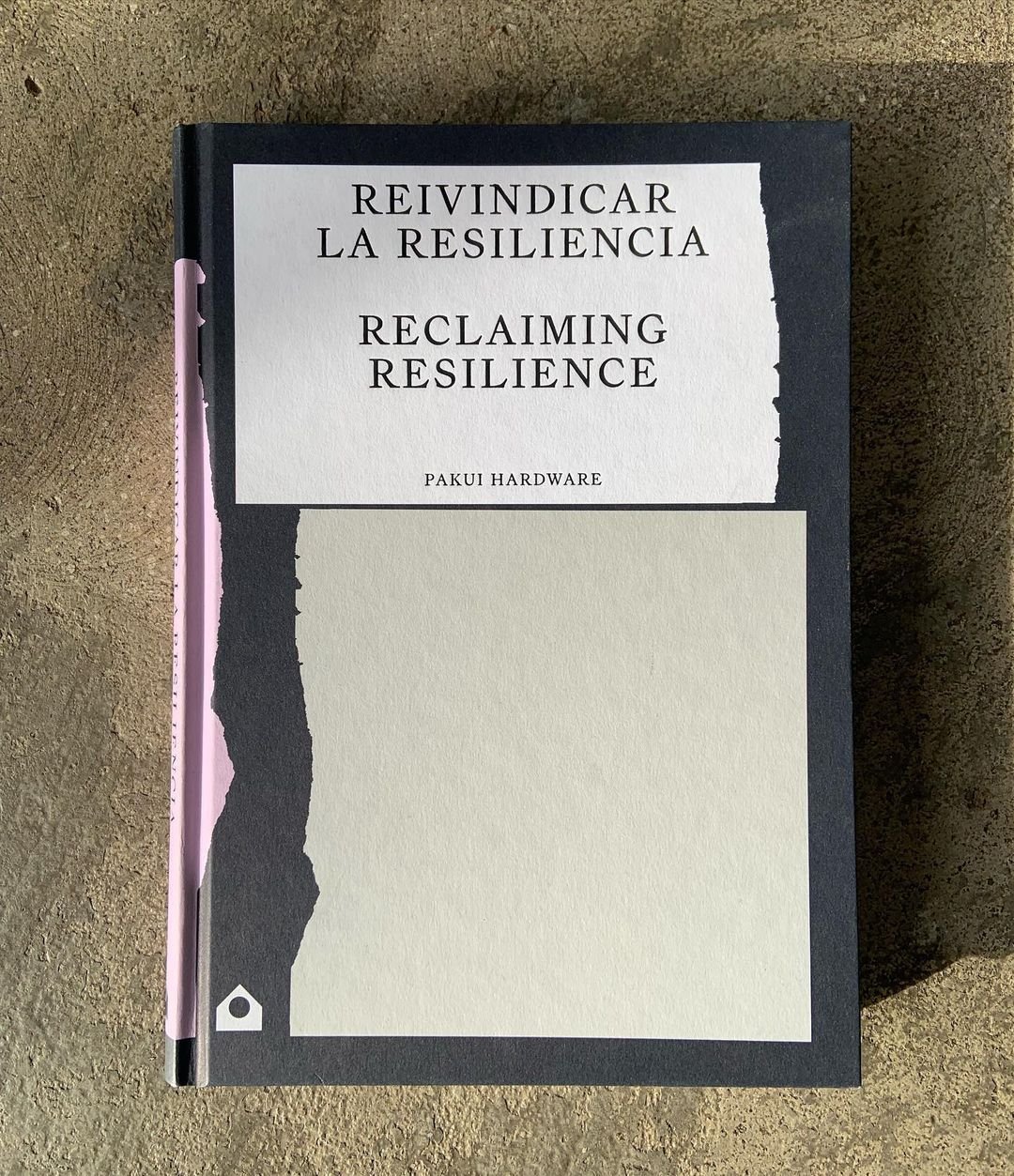Writings
Writings
Recent essays, catalogs, and other writings
Botanical Readings: Erythroxylum Coca
Botanical Readings: Erythroxylum Coca is an installation by the artist Ximena Garrido-Lecca (Peru, 1980), presented at proyectoamil in Lima, 2019. The piece was a hydroponic structure for the cultivation of coca plants, whose leaves—and their divinatory ancestral possibilities—answered the questions that visitors had about their own future. This publication reviews the different historical and visual layers that make up the cultivation of coca, where the coca is inserted as an agent whose circulation, consumption, and cultural significance resists the ever-modulating colonial capitalist machine.
This publication was supported by proyectoamil, Galerie Gisela Capitain, and 80m² Livia Benavides for its production. Edited by Ana Gabriela García & Jesús A. Villalobos Fuentes. Texts by Sara Garzón, Catherine J. Allen, Florencia Portocarrero & Ximena Garrido-Lecca. Designed by Iván Martínez / studioivan.ml
Temblores Publicaciones
ISBN: 978-607-98750-5-3
How Rivers Think or How we Know What we Know
The exhibition Raíz was curated by Jorge Sánchez & Eduardo Carrera at the Centro de Arte Contemporáneo, Quito, Ecuador.
The exhibition brought together the work of 22 contemporary artists and artistic collectives from the Andes, the Caribbean, Central America, Southeast Asia, and the United States. The curatorial research was divided into three interweaving constellations: Knowledges of the body and the flesh, Displacements of territories, and Savage Gardens, with works produced from 1998 to 2021. It was curated by Jorge Sanchez (jsanch04) and Eduardo Carrera. Contributors include Sara Garzón, Ángel Burbano, Duen Neka’hen Sacchi, and Mag de Santos.
Exist. La Libreria
SBN: 978-607-59345-0-1
Reclaiming Resilience
Reclaiming Resilience was published by La Casa Encendida in Madrid. This reader wraps up a research and exhibiton projects curated by the Lithuanian aristtic duo Pakui Hardware. The book critically explores the term of resilience with authors invited by us and the four artists alike. With contributions by Mark Neocleous, Serene J. Khader, Alexis Pauline Gumbs, Lisa Parola, Sara Garzón and Rose Vidal.
Resilience has become a buzzword of the last couple of decades. The deepening climate crisis, social, economic and, finally, territorial insecurities, have put resilience on the top list as a form of coping with the permanent emergency. The concept was quickly coopted by the neoliberal regime, in which resilience was transformed into a personal quality, a specific trait of character. According to a philosopher Mark Neocleous, such framing of this notion has a deeply political agenda – to put the responsibility on individuals in dealing with shocks in systems (ecological, political, financial): it wants us to learn to become resilient, to learn emergency planning, rather than changing the dysfunctional or crumbling systems themselves. This way, the poor, the non-normative or the colonized people are expected to be resilient to the unjust conditions instead of fixing those circumstances in the first place.
Deborah Castillo: Radical Disobedience
This is a monographic book about the artist Deborah Castillo edited by Jesús Torrivilla. The publication constitutes the first book dedicated to the career of the Venezuelan performance artist and includes a series of critical essays by Diana Taylor, José Luis Barrios, Sara Garzón, Gisela Kozak, Adalber Salas.
The article “Political Iconoclasm and Other Forms of Civil Disobedience” looks at Castillo’s engagement with the glorification of South American Liberator Simón Bolívar. The artist’s treatment of Bolívar’s figure as displayed in works like Sísifo (2013), The Emancipatory Kiss (2013), Slapping Power (2015), and Detritus (2015), underlines the dimension of national fervor for war heroes, specifically military leaders who are emblematic of the patriarchy of the state. In her performances, the artist violently confronts the bust of Simón Bolívar to challenge his masculinity and his multiple ideological significations. Thus, as if confronting history itself, the artist aims to modify the past by questioning Bolívar’s iconicity as father of the nation and symbol of unity and order.
Exist. La Libreria
SBN: 978-607-59345-0-1



